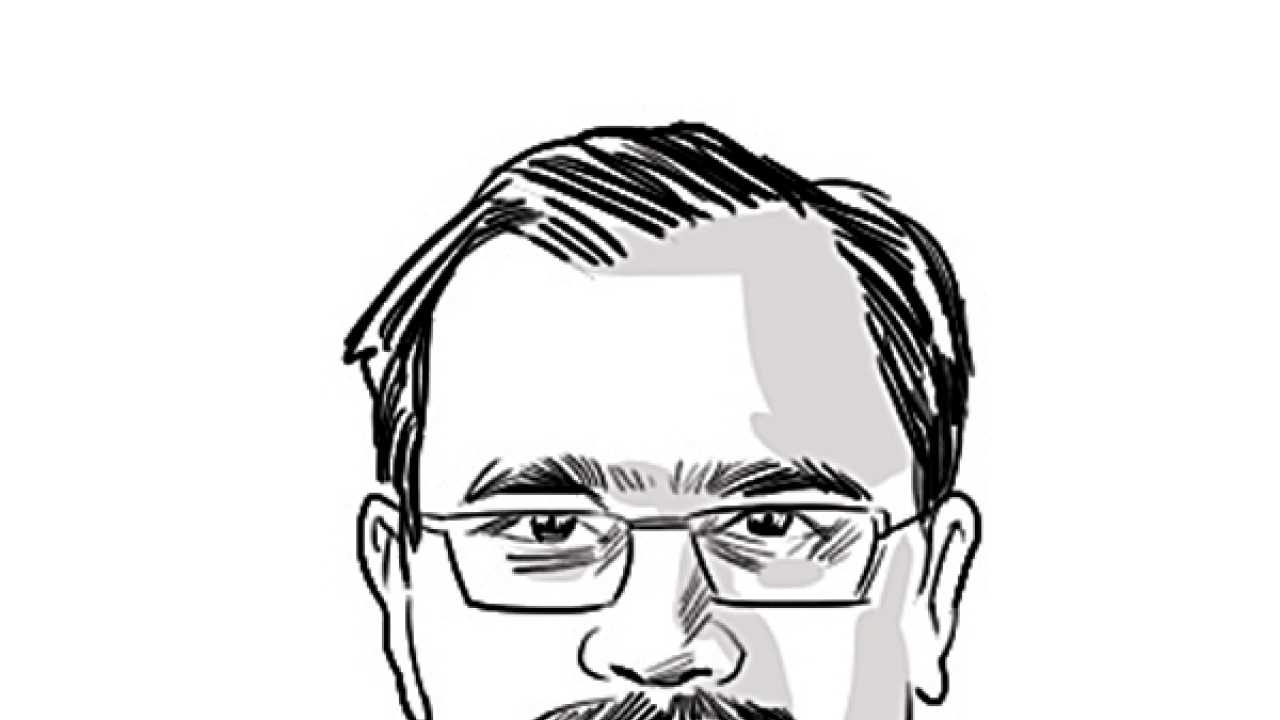
Suresh Nair, Tax Partner, EY
Throughout the finance minister's speech, it was apparent that the Union Budget for 2015 would be 'theme-based', even from an indirect tax perspective. An upfront reference to the implementation of the Goods and Services Tax (GST), emphatically set the tone for this approach.
Firm commitment to GST
The finance minister reiterated the importance of GST and emphasised that the tax would put in place a state-of-the-art indirect tax system by April 1, 2016. Jaitley's budget speech pressed on the fact that GST would add to the buoyancy of the economy by developing a common Indian market and reducing the cascading effect on the cost of goods and services.
While 1% additional tax on the supply of inter-state goods could still add to the flavour of the cascading effect the implementation of GST would have, the same has been left unsaid.
Other than GST, the broad themes outlined in the budget were 'Make in India, benefits to middle class taxpayers; easing governance laws and proposals to maximise benefits to economy'.
Rationalisation via 'Make in India'
From a 'Make in India' perspective, while the general excise duty rate has been marginally increased from 12.36% to 12.5%, a simultaneous removal of education cess has simplified the duty structure and this increase should not have a significant impact on industry.
This would, however, imply that the generic customs duty rate on imported goods would be higher, from 28.85% to 29.44%, due to the increase in the component of customs duty aligned to central excise.
From an industry standpoint, the reduction in Basic Custom duty (BCD) on certain inputs, raw materials, intermediates and components in 22 items to minimise the impact of duty inversion is a welcome move. However, rationalisation of inverted duty structure for the pharmaceutical business, which has been a long-standing industry issue, has remained untouched.
BCD has been exempted on certain goods such as parts and components of cash dispenser and automatic bank note dispensers, items used in the manufacture of solar water heater and system, High Density Polyethylene (HDPE) for manufacture of telecommunication grade optical fibres.
However, for the auto sector, the tariff rate of BCD on import of identified vehicles has been increased.
Service tax – transition to GST
On service tax, to facilitate transition to GST, service tax (including education cess rate) is proposed to be increased from 12.36% to 14%.
Similarly, a negative list under service tax has been pruned to widen the tax base. Service tax will now be levied on services provided by way of access to amusement facility / entertainment events / non-recognised sporting events. Service tax exemption for original works pertaining to an airport or port has also been withdrawn which could impact the said sector. Similarly, all services provided by the government or local authority to a business entity would now be liable to service tax.
However, service tax exemption has been extended to certain pre-cold storage services in relation to fruits and vegetables. Further, uniform abatement of 30% for service tax is now prescribed for transport by rail, road and vessel.
Ease of doing business
With a focus on 'ease of doing business', online central excise and service tax registration would be done in two working days. Further the assessee would be allowed to issue digitally-signed invoices and maintain electronic records, reducing the maintenance of paper records.
From an industry standpoint, the time limit for taking CENVAT credit on inputs and input services has been increased from six months to one year, which is a welcome move.
Further, the law has been amended to rationalise penalties, in cases where there is no involvement of fraud or collusion or wilful mis-statement, which should encourage a dispute on resolution. Also, the scheme of advanced ruling has been extended to resident firms which include LLP, sole proprietorship etc. These measures are aligned with the government's aim of "minimum government, maximum governance".
Clean energy cess has been increased from Rs 100 to Rs 200 per metric tonne on coal and lignite to finance clean environmental initiatives. Similarly, enabling provision to levy Swachh Bharat cess at a rate of 2% on all or certain services could be implemented. Services provided by common affluent treatment plants would now be exempted from service tax. Further, concessions on customs and excise duty available to electrically operated vehicles and hybrid vehicles have been extended up to March 31, 2016, thereby highlighting the Swachh Bharat agenda.
In summary, with GST on the anvil and strong possibility of the Constitutional Amendment Bill being passed in the Budget Session, the Industry should now focus and gear up its preparedness for the GST.
The views expressed in this article are personal to the author